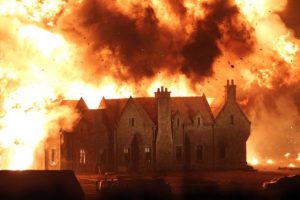 People say that they hate change. But it’s not true.
People say that they hate change. But it’s not true.
We love babies, weddings and graduation. We love new homes and cars and retirement.
Everyone loves positive change that we control, but we get stressed when other people make us move.
So most of us avoid asking for change. We know it threatens people. Asking for change means we want something better, or different.
Change & The New OMA
The OMA started renovation this spring: a new group of Board members, a governance retreat/renewal and then a major strategy planning session. Now the hard work begins.
Change means we find new and better ways to act. It means we work in concert.
Kotter
Change interrupts usual workflow. We stop doing some things, start doing others and redefine ourselves in the process. Change is scary. If it isn’t, it probably isn’t real change. Continue reading “Change & The New OMA”


